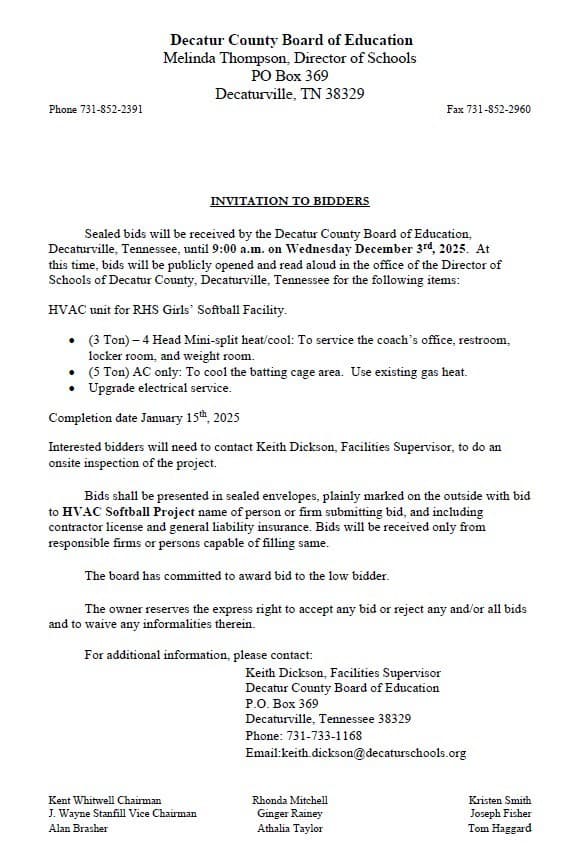Riverside Travels to Top Seed, Spotlight on Rural Health and Equity
Riverside High School traveled to unbeaten East Robertson for the TSSAA Class 2A first round on Friday November 7, ending the Rams season after a 3–7 regular year. The game underscored more than competition for Decaturville residents, it highlighted strains on rural schools, from travel logistics to limits in student athlete health services that affect safety and fairness.

Riverside High School of Decaturville visited East Robertson in Cross Plains on Friday November 7 for the TSSAA Class 2A first round, concluding a playoff appearance that followed a 3–7 regular season and a 3–3 record in Region 5 2A. East Robertson entered the game unbeaten at 10–0. For a small school community, reaching the state playoffs is a notable achievement, but the trip also exposed the logistical and resource pressures that accompany postseason play.
Coaches, school staff and volunteers managed travel arrangements, supervision and equipment transport for the trip. Those efforts reflect deep community commitment, yet they also point to the informal systems rural programs depend on when budgets are limited. The extra responsibilities placed on staff and unpaid volunteers can stretch already thin personnel resources during the academic year and raise questions about how schools sustain athlete safety on the road.
Beyond travel, rural programs face persistent disparities in funding and access to health services that influence competitiveness and student wellbeing. Limited budgets can mean fewer athletic trainers, delayed access to medical evaluation for injuries, and less capacity for ongoing rehabilitation or concussion management. These gaps increase risk for student athletes who travel long distances for games, where emergency response and continuity of care may be less predictable than in larger districts.
The implications extend beyond a single game. When schools must choose between transportation costs, staffing, equipment and health services, inequities shape who competes and how safely they can do so. For Decatur County families, that has consequences for participation rates, long term health outcomes, and the community benefits of school sports, including youth development and local engagement.
Policy responses could reduce these disparities by strengthening regional support networks, expanding access to shared athletic training, and leveraging county health partnerships and telehealth to supplement on site care. State and district officials might also consider targeted funding for travel and medical coverage tied to postseason competition, and formal agreements that relieve volunteer burden while ensuring qualified medical oversight at games.
Riverside’s appearance in the playoffs was a point of pride for Decaturville, and it also serves as a local reminder that athletic success is tied to broader systems of support. Ensuring that small and rural schools can compete safely and fairly will require sustained attention to funding, staffing and health services so that community commitment does not have to substitute for professional care.


